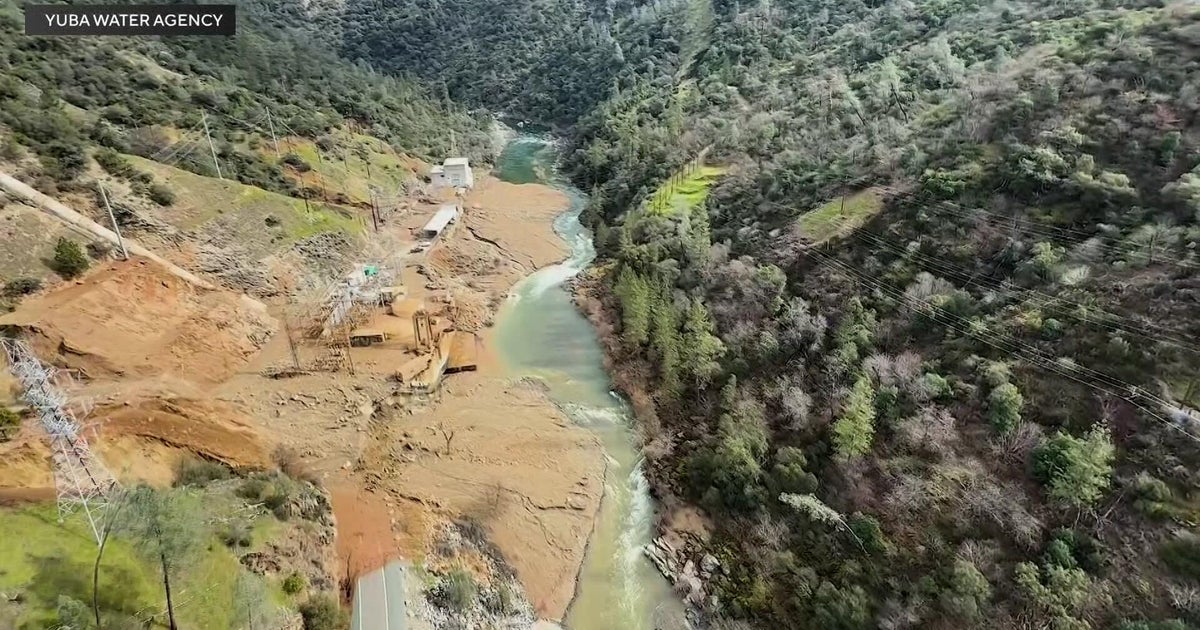Lack Of Progress Costs Va. Chesapeake Bay Cleanup Funds
NORFOLK, Va. (AP) -- Virginia is losing federal aid for Chesapeake Bay restoration projects because the Environmental Protection Agency is not satisfied with the state's efforts to address stormwater pollution.
The EPA notified the state late last month that it is withholding $1.2 million in grant money. Virginia was supposed to receive more than $2.4 million this year, The Virginian-Pilot reported.
The federal agency cited Virginia's lack of progress in reducing stormwater runoff from city streets, parking lots and urban storm drains. If Virginia makes improvements, it can reapply for the funding.
Virginia Department of Conservation and Recreation spokesman Gary Waugh says the state has been working to improve its stormwater program.
"We were like, `Whoa, wait, we're working on it,' " Waugh told the newspaper.
Virginia had been warned for two years about federal consequences for delaying action on stormwater runoff, said Peggy Sanner, a senior attorney for the Chesapeake Bay Foundation. She said the EPA's decision to withhold the grant money was "good and appropriate."
"There's been a reluctance by the state and local governments to commit to steps that are significant" in curtailing stormwater runoff, Sanner told the newspaper. "The EPA wants to see strong and enforceable permits that are going to mean something."
The EPA is directing a 64,000-square-mile initiative to clean the bay after years of neglect and unmet promises by states in the bay watershed. The agency's strategy puts everyone in the six-state watershed on a "pollution diet" with daily limits for how much sediment and runoff can come from each area.
The cleanup plan comes decades after the decline of the bay's signature oyster and blue crab populations. The latter has rebounded after falling to historic lows. Part of the crab recovery is due to a huge decline in the number of commercial crabbers, who have left the waters.
Pollution has also been blamed for declines in aquatic grasses and for lesions on stripers, or rockfish. Scientists have attributed that to stress related to declines in food sources.
------
(Copyright 2012 by The Associated Press. All Rights Reserved.)







